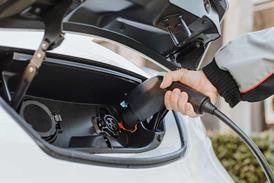News Extra: Yodel - tough at the top

Last month MT exclusively revealed that Yodel chief executive Jonathan Smith is to leave the parcels firm after two years in charge of the combined DHL Express Domestic UK and HDNL (not to mention 18 months in charge of the DHL business alone).
This article is for registered users only
Please login or create a FREE account to read the full article
Want to read more?
Register now for free to access the full article.
To access our great content on the Motor Transport website and to get a free copy of our weekly Executive Brief newsletter.
Once registered, you’ll get access to:
- In-depth breaking news every working day of the year
- All the best careers advice for you and your business
- Profiles of every winner at the Motor Transport Awards
- The richest set of road transport industry data in the UK
- You may also be eligible for a free print or digital copy of Motor Transport



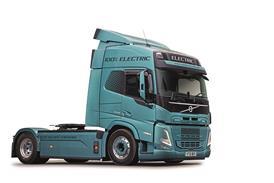

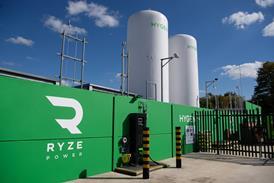
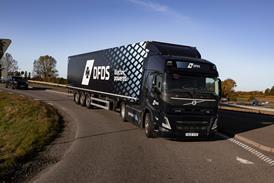

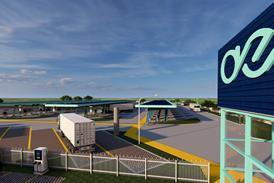



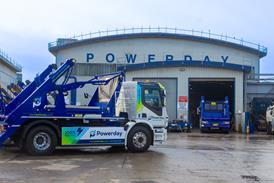
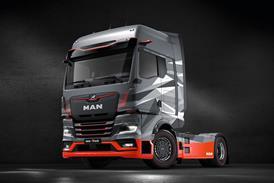
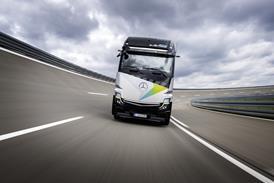
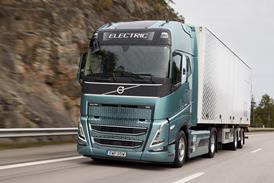

![Mercedes-Benz_eActros_600_(1)[1]](https://d2cohhpa0jt4tw.cloudfront.net/Pictures/274x183/8/1/8/17818_mercedesbenz_eactros_600_11_556244.jpg)

